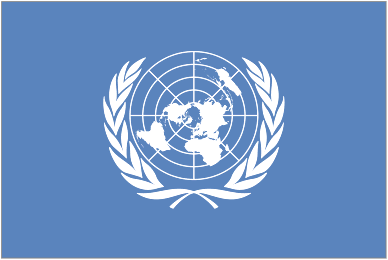UNFPA, GAC Start National Landscape Survey on SGBV, HTPs in Nigeria

The UN Population Fund (UNFPA), with funding from Global Affairs Canada (GAC) has commenced a 45-day national survey to provide comprehensive analysis of the Sexual and Gender-Based Violence (SGBV) and Harmful Traditional Practices (HTPs) situation in Nigeria.
Information about the survey is in a statement by the UNFPA Gender and Reproductive Rights Specialist, Dr Musa Elisha in Abuja on Thursday.
Elisha stated that the 45-day survey, which started on Aug. 11, 2021, would run until Sept. 14, 2021 in 12 states of the federation and the Federal Capital Territory (FCT).
He said that the ultimate scope of the survey was “to generate a reference document to guide the development of a well-coordinated, systematic and programme-wide approaches toward addressing gender inequality and empowering women and girls in Nigeria.”
The UNFPA official identified the 12 states to include Adamawa, Akwa Ibom, Bauchi, Ebonyi, Edo, Kaduna and Kwara.
Others, he added, were Nasarawa, Ogun, Oyo, Sokoto and Imo.
He explained that during the survey, data collectors would visit households in sampled clusters to conduct interviews for selected individuals and focus group discussions.
He, therefore, called for the cooperation of residents of the 12 states and the FCT, noting that “the specific objectives of the landscape analysis are to determine the prevalence of SGBV, HTPs and Obstetric Fistula (OF) in Nigeria.
“It is also aimed at identifying key social and gender norms that influence the prevalence and outcomes of SGBV, HTP and Obstetric Fistula (OF) and identify key drivers and perpetrators.
“The landscape analysis survey is to assess awareness and knowledge of national and global policy on elimination of SGBV, Obstetric Fistula (OF) and HTPs.”
The gender and reproductive rights specialist emphasised that the survey was necessary “because existing national and sub-national data does not provide disaggregated information on the patterns and dynamics of sexual and gender-based violence.”
He added that the analysis would, therefore, help in mapping out roles and assess capacities of stakeholders toward the elimination of SGBV, in collaboration with state institutions, parents, Civil Society Organisations and community leaders.
